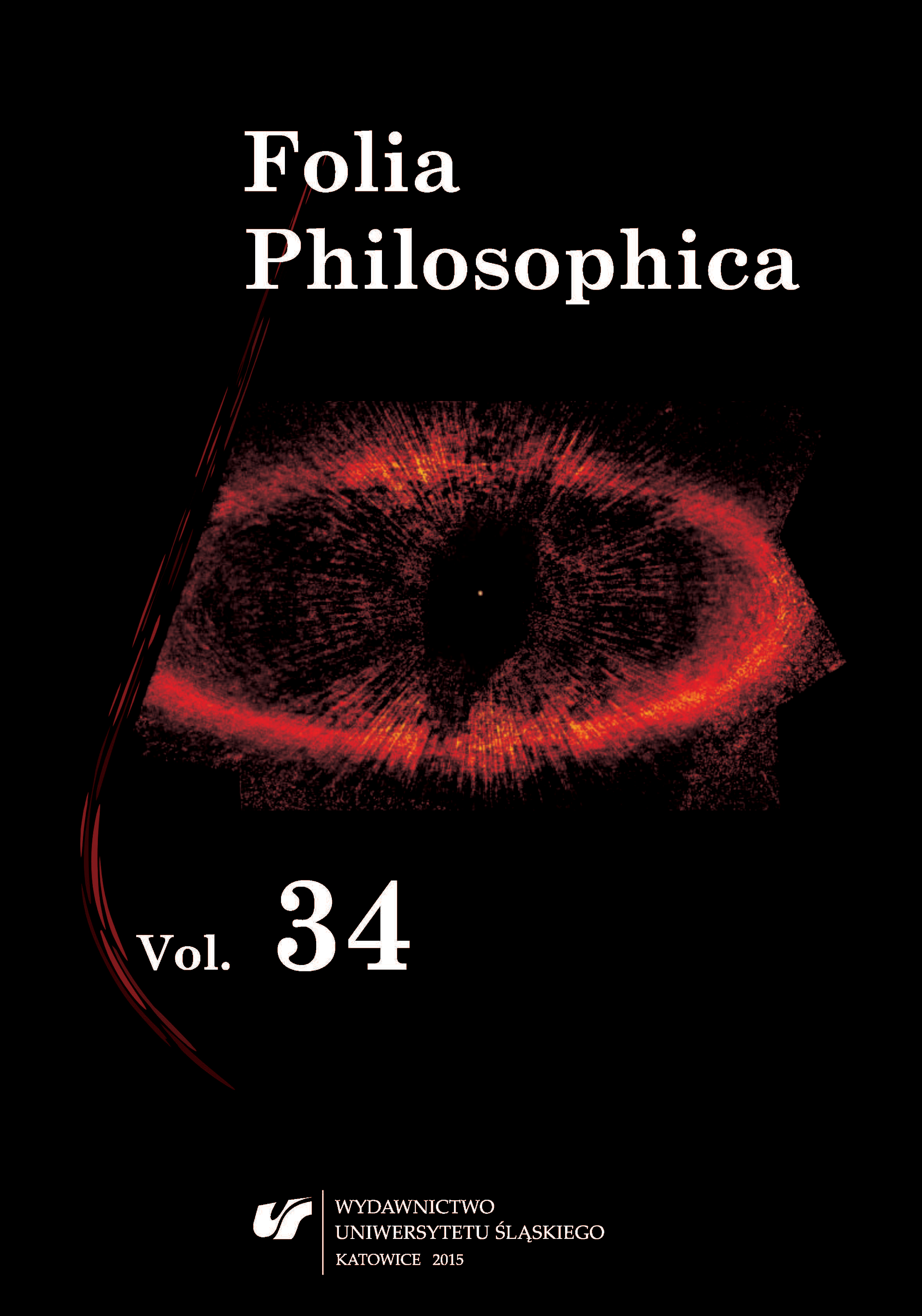Individualism and the Social Contract as Expressions of the Critical Genesis of the State in Light of the Views of N. Machiavelli and Th. Hobbes
Individualism and the Social Contract as Expressions of the Critical Genesis of the State in Light of the Views of N. Machiavelli and Th. Hobbes
Author(s): Radosław MałekSubject(s): Philosophy, Political Philosophy, Social Philosophy, Studies in violence and power
Published by: Wydawnictwo Uniwersytetu Śląskiego
Keywords: individualism; social contract; N. Machiavelli; T. Hobbes
Summary/Abstract: The article discusses modern theories of individualism as the basis of the social contract and hence as the source of the modern state. The author analyses N. Machiavelli’s and Th. Hobbes’ concepts of the state, which emerged as a response to a situation where scholastic visions of the state and the human being had lost their appeal. He also draws attention to the fact that the study of human nature and the ways to control it is the goal of modern political philosophies and that passion as the driving force of human actions first appeared in political philosophical thought thanks to Machiavelli, later to be taken up and developed by Hobbes. According to Machiavelli, individualism is based in a specific self seeking fulfillment, which can attain set goals thanks to two driving forces: virtue and fortune. Machiavelli’s individual treats others as objects; the goal of their actions is the desire for profit. Machiavelli’s thought—a prince establishes the state and devotes himself entirely to it (which is also good for the others as it takes them out of the state of war)—is taken up by Hobbes. A human being is guided by the senses—men have wants and desires. The life’s goal is self-fulfillment; the highest good, self-preservation. As in Machiavelli, the pursuit of self-realization (striving for peace, that is avoiding war for fear of death) leads to the social contract. The social contract is not the common will of the society but a consensus reached by the parties regarding giving up some of the individual rights, that is a consensus reached by all individuals. Hence, by realizing the self, people realize peace, that is the highest good for individuals (of course, both the state of war and the state of peace are only hypothetical—constructs which justify the State, not empirical facts). In both views the prince is one (for himself), everybody can be the prince, and it is impossible not to want to be the prince (quitting the pursuit means death). The pursuit of the fulfillment of the ego is the only course of action for the prince, and at the same time a course of action good for all other princes by virtue of the social contract. This is the meaning of the state—a contract between princes: always together and always apart.
Journal: Folia Philosophica
- Issue Year: 2015
- Issue No: 34
- Page Range: 267-280
- Page Count: 14
- Language: English

